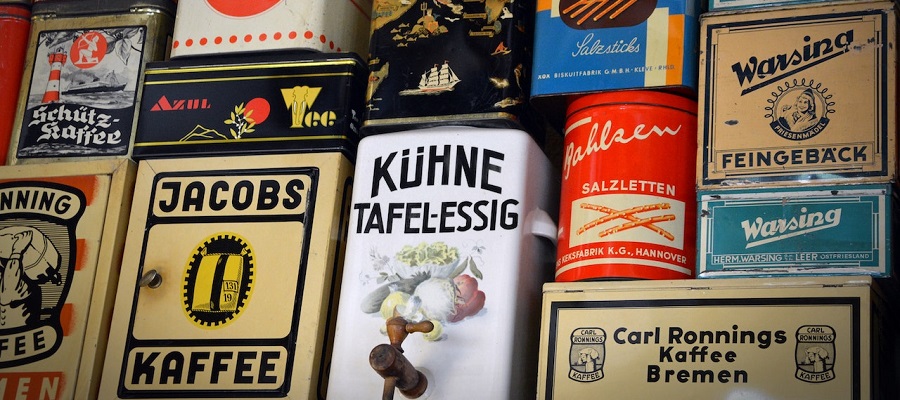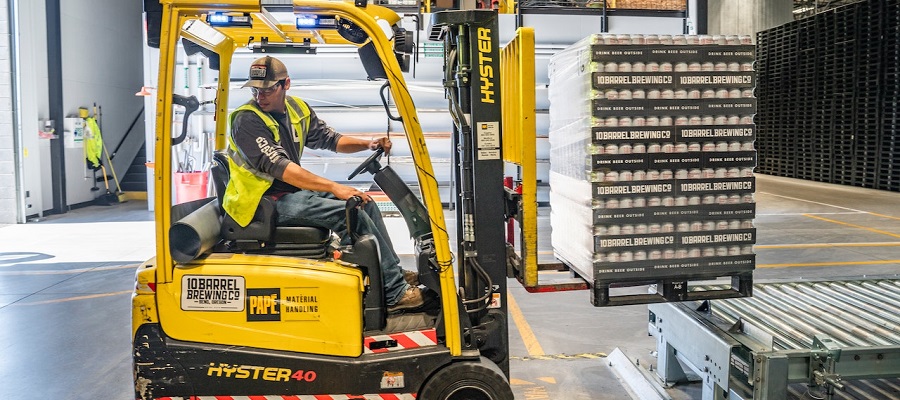Grocery wholesalers offer a wide range of products to retailers, restaurants, and other foodservice establishments, including both private label and branded products. Private label products are those that are produced and sold by a company under its own brand name, while branded products are those that are produced and sold by a specific company under its own brand name, but are not exclusive to any one retailer or wholesaler.
There are pros and cons to offering both private label and branded products. Private label products can be an attractive option for grocery wholesalers as they can differentiate their products from those of their competitors and offer their customers a unique and exclusive product. Private label products also give the wholesale more control over the quality and cost of the products, as they are produced directly by the wholesale or its partners.
On the other hand, branded products may be more trusted and well-known to consumers, which can make them a more attractive option for some customers. Branded products may also have a larger marketing budget, which can help to promote the products and drive sales.
Ultimately, the decision of whether to offer private label or branded products will depend on the specific needs and goals of the grocery wholesale business. Some wholesalers may choose to offer a mix of both private label and branded products, while others may focus more on one or the other. Factors that may influence this decision include the target market for the products, the level of control the wholesale wants to have over the products they offer, and the resources and infrastructure available to support the sales and marketing of the products.
The Role of Private Label and Branded Products in the Grocery Wholesale Industry
Grocery wholesalers offer a wide range of products to retailers, restaurants, and other foodservice establishments. But what types of products do these wholesalers offer? Do they sell private label products, branded products, or both? In this article, we'll explore the role of private label and branded products in the grocery wholesale industry and the factors that influence the decision to offer one or the other.
Private Label Products: An Overview
Private label products are those that are produced and sold by a company under its own brand name, rather than a branded product produced by another company. Private label products can include a wide range of items, from food and beverages to household and personal care products.
Private label products are often seen as a way for companies to differentiate themselves from their competitors and offer their customers a unique and exclusive product. They can also be an attractive option for companies looking to control the quality and cost of the products they offer.
Branded Products: An Overview
Branded products, on the other hand, are those that are produced and sold by a specific company under its own brand name, but are not exclusive to any one retailer or wholesaler. Branded products are typically well-known and trusted by consumers, and they can be an important part of a company's marketing strategy.
Branded products may be produced by large, well-established companies, or by smaller, specialized companies that focus on a specific product or product category. These products may be sold directly to consumers or to other businesses, such as retailers or wholesalers.
The Decision to Offer Private Label or Branded Products: Factors to Consider
So, what factors do grocery wholesalers consider when deciding whether to offer private label or branded products? One important factor is the target market for the products. For example, a grocery wholesale that serves a high-end market may be more interested in offering exclusive, high-quality private label products, while a wholesale serving a more price-sensitive market may be more interested in offering a range of branded products at different price points.
Another factor to consider is the level of control that the wholesale wants to have over the products they offer. Private label products give the wholesale more control over the quality and cost of the products, as they are produced directly by the wholesale or its partners. Branded products.


